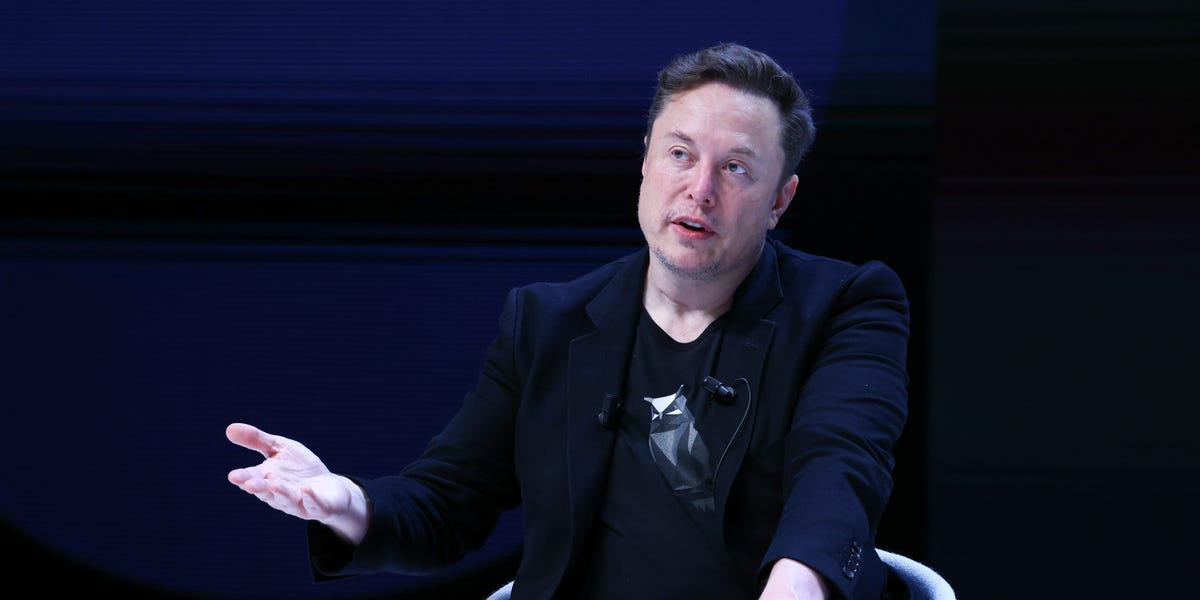
Meta Description: Elon Musk unveils Macrohard, an AI run company that aims to replicate Microsoft functions using specialized AI agents.
Elon Musk has once again sparked debate by proposing a bold experiment: building an entire software company run by artificial intelligence. Dubbed Macrohard, the project aims to simulate the functions of large software firms like Microsoft using specialized AI agents. That claim raises central questions about the future of business automation, the role of human creativity, and whether an AI driven software company can produce real world value at scale.
Musk argues that software companies should be easier to reproduce with artificial intelligence because they do not build physical hardware. Instead their work centers on information processing tasks where modern models excel. The effort seems tied to his broader xAI work and trademark activity around the Macrohard name, signaling an intent to test how far AI replicating Microsoft can go in practice.
Details remain sparse but reporting and public statements point to a few recurring themes:
Even with powerful models the idea faces significant obstacles. Software companies rely on product strategy, long term vision, and human judgement in ambiguous or novel situations. Current tools excel at pattern recognition and automation of routine tasks but struggle with sustained cross team leadership, nuanced negotiations, and complex design tradeoffs. Still many routine roles in development and operations are already being augmented by AI coding assistants and automation platforms, which points to a future where business automation reshapes job roles across the industry.
Macrohard is both a technical experiment and a signal to incumbents. The narrative positions Macrohard AI company against Microsoft and other major providers, prompting questions about product parity with offerings like Microsoft 365 and cloud services. Whether Macrohard achieves feature parity is less important than whether it can deliver useful, reliable products and sustain customer relationships through AI led processes.
If Macrohard shows significant automation gains the implications for the workforce could be profound. Automation that affects knowledge work differs from earlier waves because it targets cognitive roles across engineering, design, support and management. This raises policy questions about retraining, safety, and how to measure value when machines handle core corporate tasks.
Macrohard may sound provocative but it highlights a real trend: AI agents and automated systems are increasingly capable of handling more business functions. While fully reproducing a company like Microsoft remains an immense challenge, experiments like Macrohard will help define the limits of AI run companies and show how automation can be deployed in software development, product management and customer engagement. For industry watchers the core question is not just whether AI can simulate Microsoft but whether it can create products customers prefer and operate responsibly at scale.



